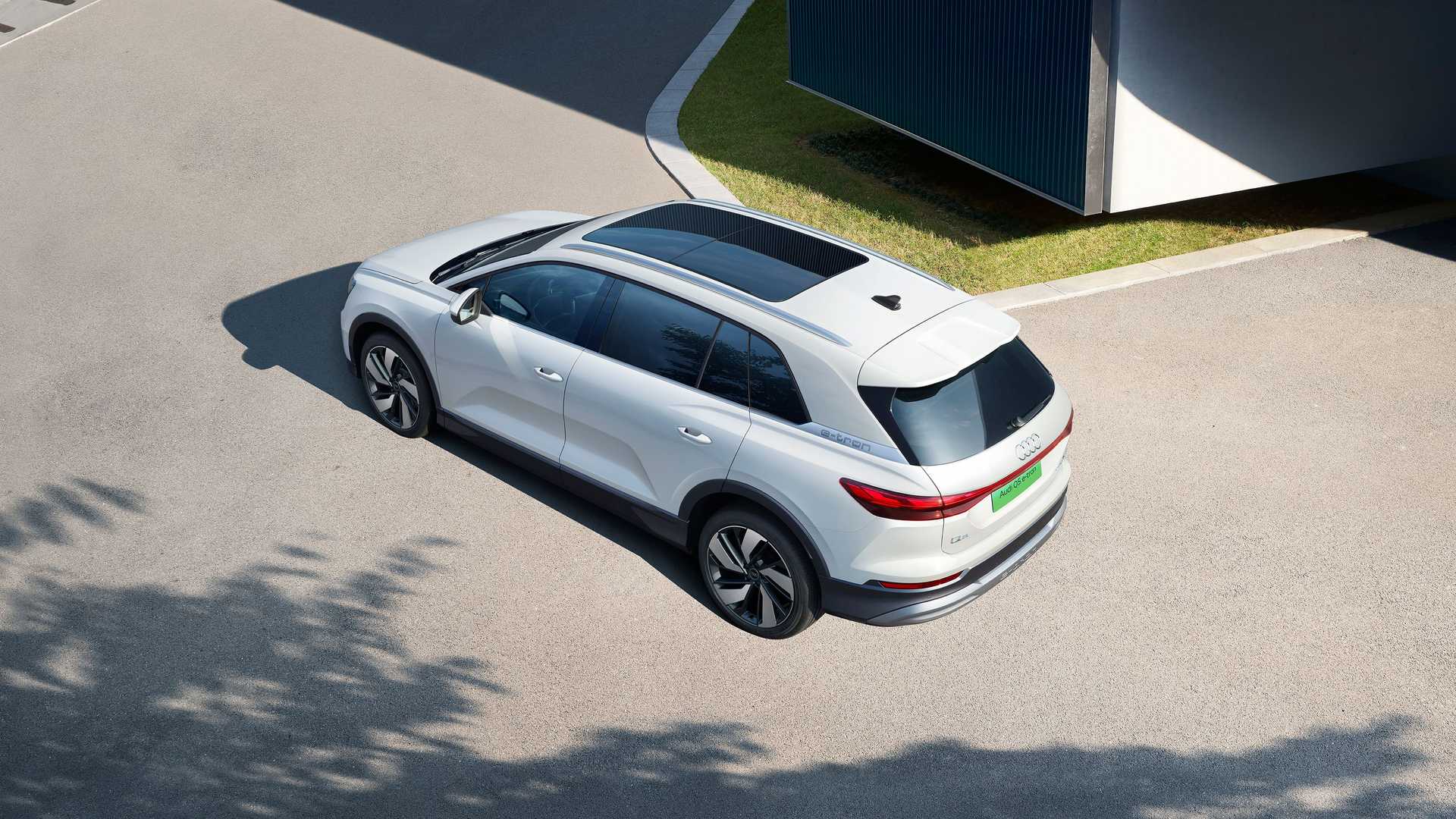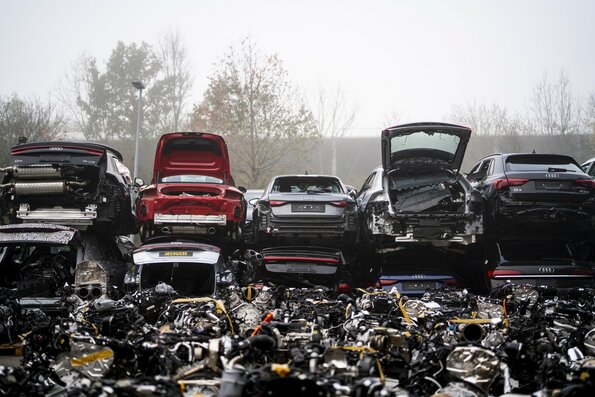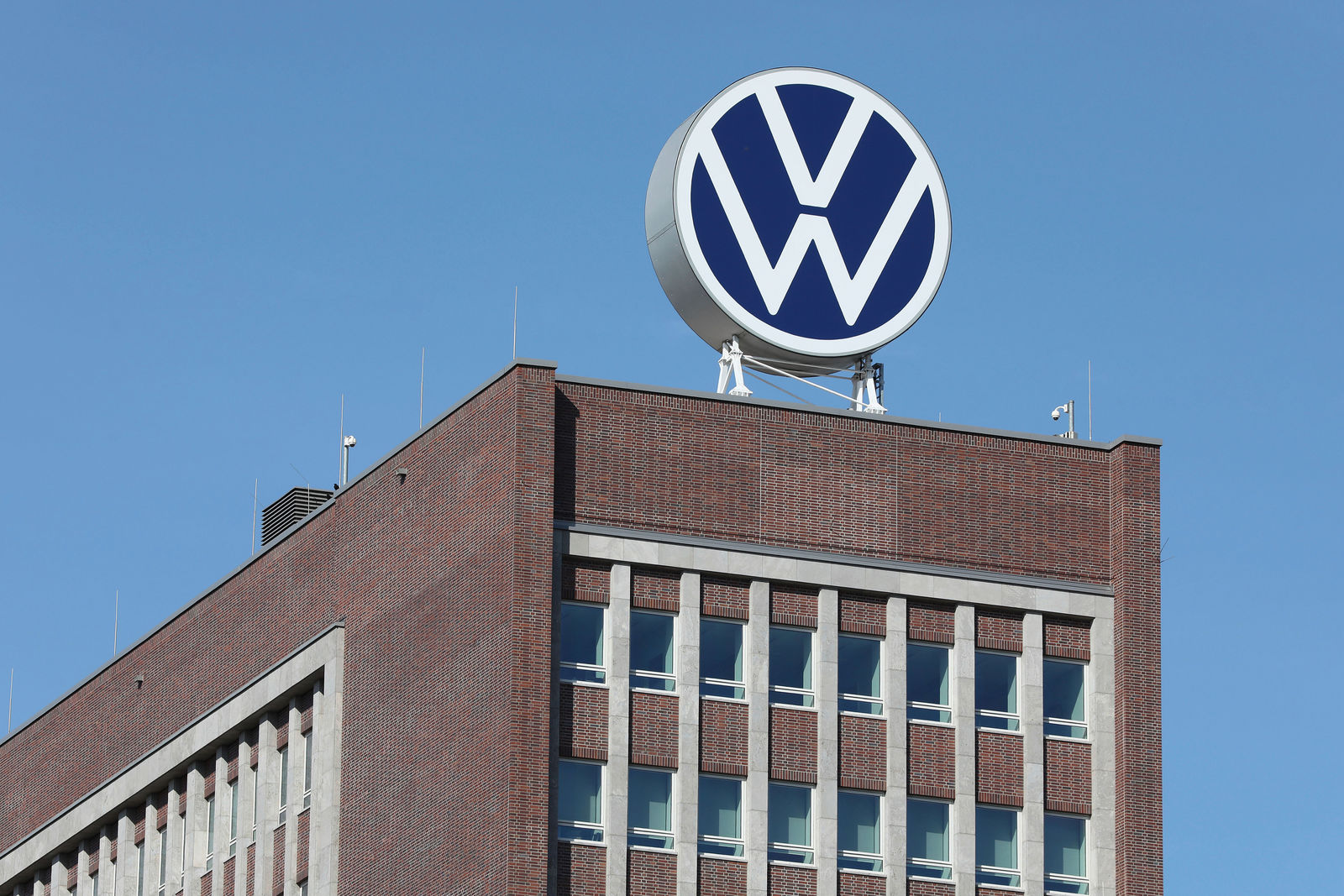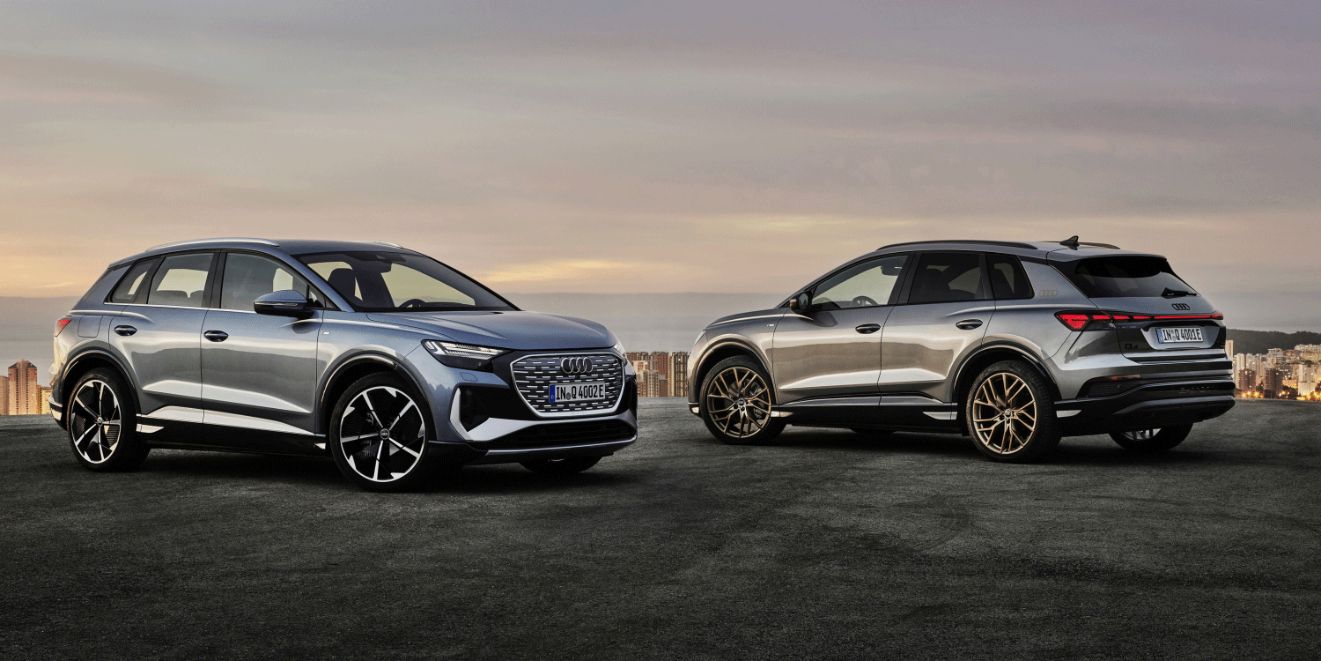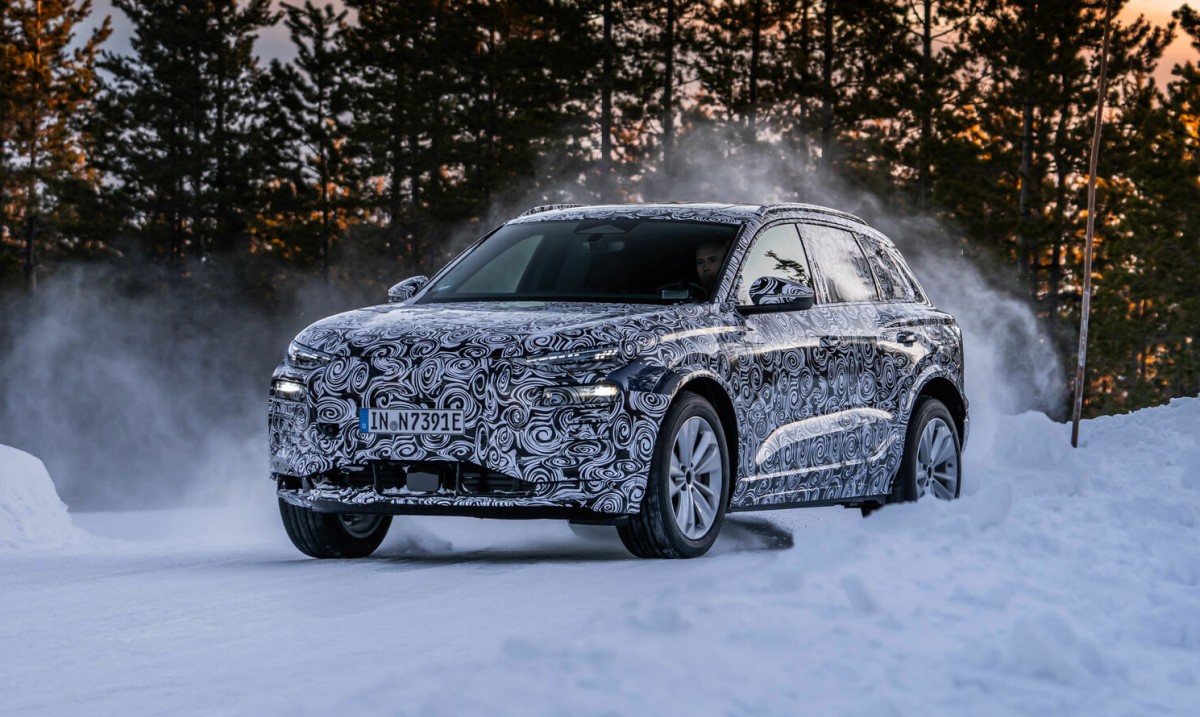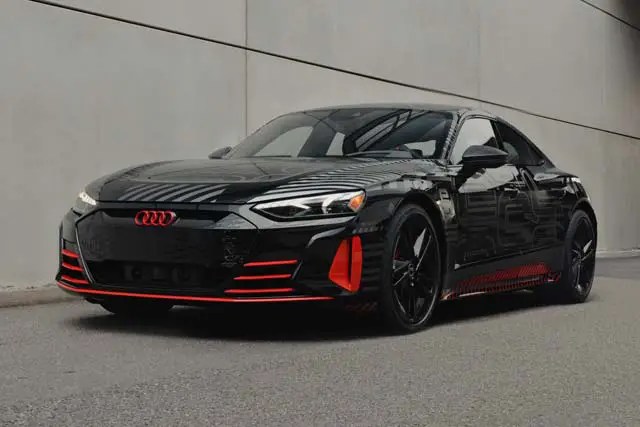German automaker Audi is considering building a factory in the US to take advantage of tax incentives and subsidies offered under the Inflation Reduction Act (IRA), according to Audi CEO Markus Duesmann.
While a decision has not yet been made, Duesmann said the IRA had made building a US plant for electric cars very attractive, and that both building a plant itself and doing so with other Volkswagen (VW) brands were possible options.
The $430bn IRA, passed last August, offers subsidies and tax incentives for domestically produced green industry products, including a $7,500 consumer tax credit to buyers of North American-made electric vehicles.
See also: 2023 Audi Q8 E-Tron revealed as brand flagship electric SUV
Audi plans to produce electric cars in all of its global locations by 2030 and is not planning to introduce any new combustion-engine models beyond 2026. In October 2022, head of technical development for Audi, Oliver Hoffmann, also indicated that the company was considering a US assembly plant.
The possibility of Audi building a factory in the US follows VW’s announcement last week that it plans to build a plant in the country for its independent EV subbrand, Scout. The Wall Street Journal reported that VW is aiming to eventually sell 250,000 Scouts a year. The Chattanooga plant in Tennessee began producing VW’s ID4 electric crossover last year and is targeting 90,000 EVs in 2023.
See also: Inflation Reduction Act will offer tax credits of $7,500 or $40,000 for electric delivery vehicle
Carmakers have increasingly moved to reduce exports and imports across major markets such as the US, China, and Europe by localising production and supply chains to lower transport and logistics costs. However, in light of the IRA, a growing number of companies are now announcing heightened investment in the US over Europe.

